I wanted to share this story that was written by one of our YAMEN participants, Jacksha from Malawi, who is working with our local partner the Cambodian Rural Development Team (CRDT).
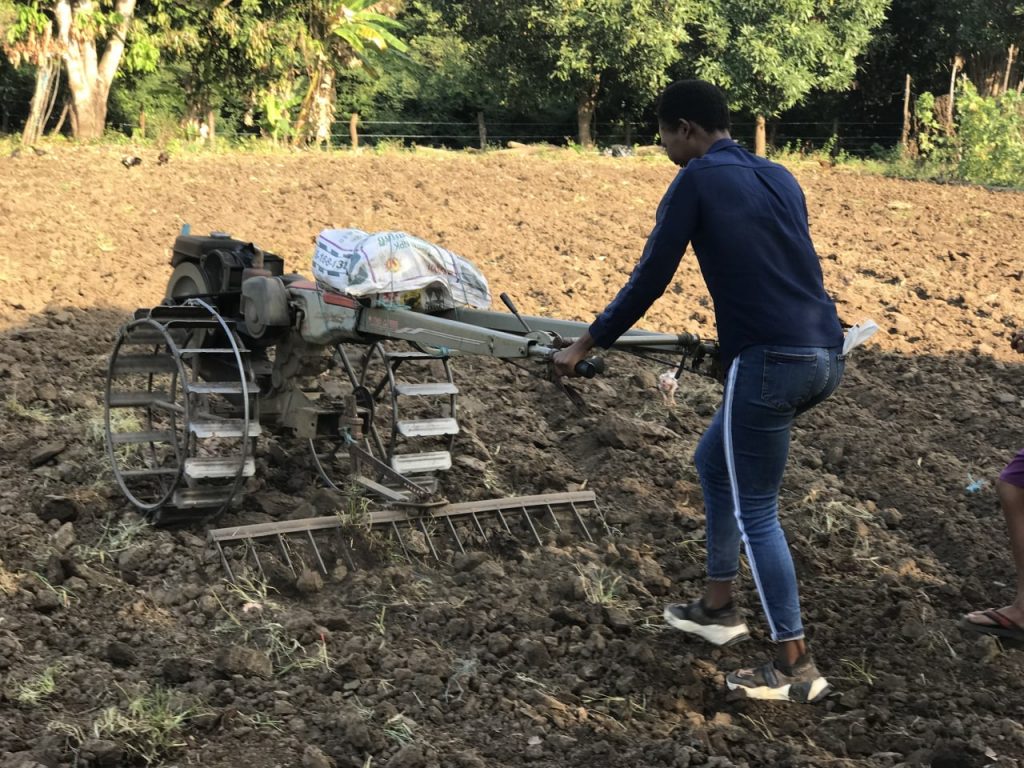
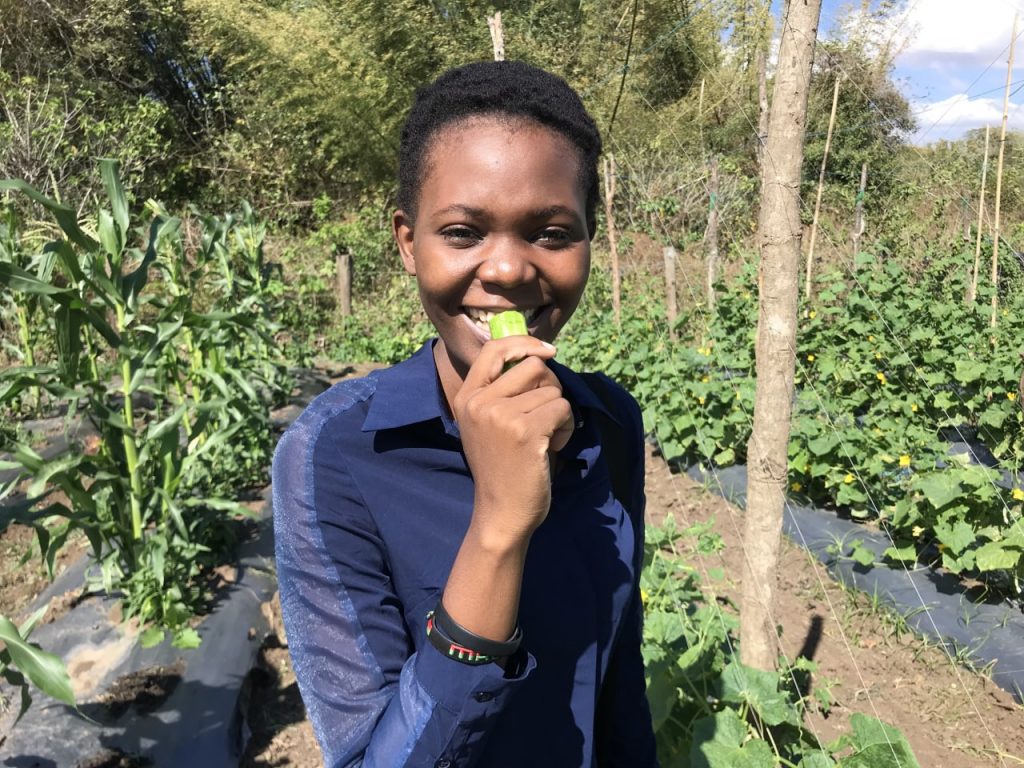
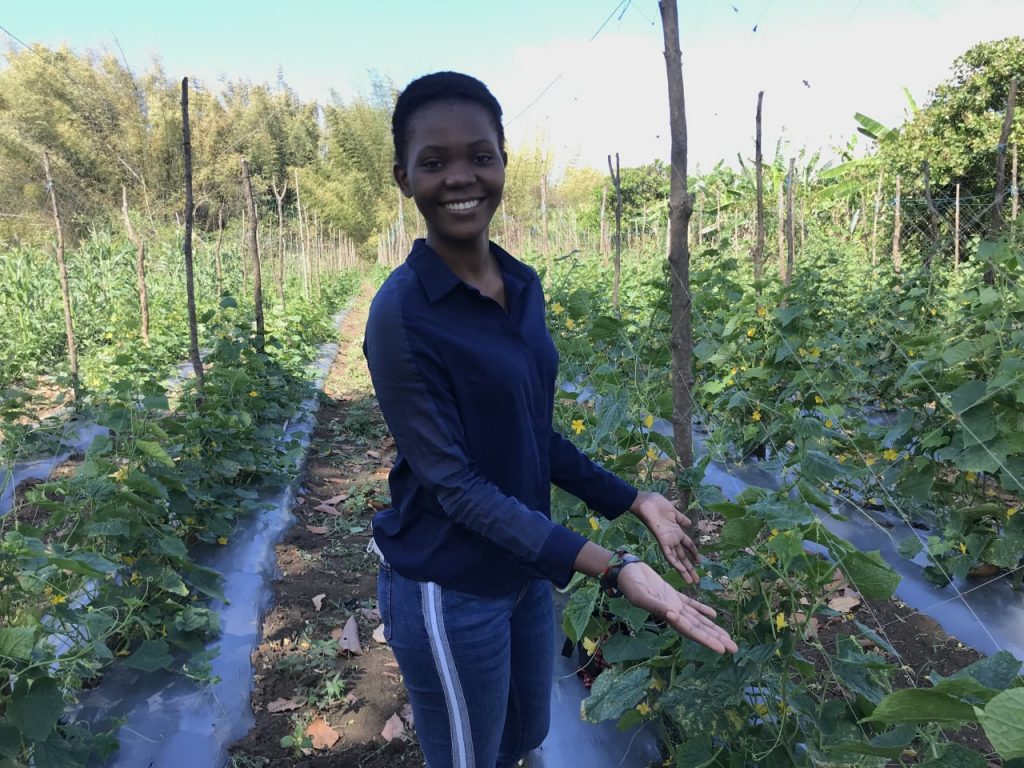
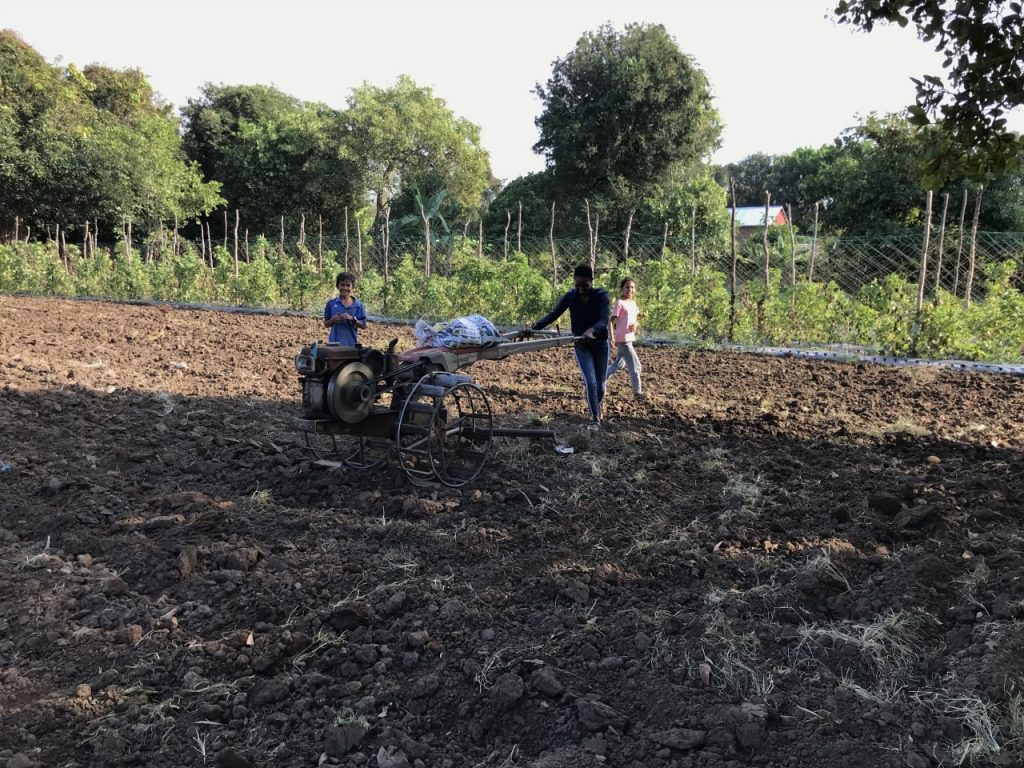
She had a wonderful time traveling out to Mondulkiri province, which is in the northeast highlands, to meet with the farmer in the story and even got to try her hand at farming while she was there.
Climate change is bringing a lot of changes across the globe, unfortunately it has only increased in the last years. One of the areas particularly suffering critical impacts of it, is agriculture, which makes a predominantly significant contribution to the economies worldwide, endangering food security and poverty alleviation in most developing countries. Cambodia is one of the countries that is undergoing floods and drought every year. A large part of the population in Cambodia is involved in smallholding and subsistence farming livelihoods. The changing climate has affected rain pattern so much that has become unpredictable increasing the vulnerability in the crops and lives of the farmers.
As a response to these issues and in order to help farmers improve their skills and knowledge amid these changes, Mennonite Central Committee (MCC) partnered with Cambodian Rural Development Team (CRDT ) a local non profitable organization which aims at lifting communities out of poverty in support of conservation through participatory community based approaches. CRDT is encouraging farmers to grow vegetables as one of their sources of income, also raise livestock, train them in drip system and help farmers to find a market to sell their vegetables in different provinces across Cambodia. This gives the farmers time to concentrate on farming instead of depending on non-timber forest products to find source of income after selling them.
Speaking to one of the farmers in Kaoh Nheaeh district in Mondulkiri province, Morn Samien (33 years old) expressed his views on climate change.
He said “When I was a child, I lived with my parents, and I noticed regular weather, regular rain falls during the rainy season. Also, the heat was not as hot as it is now. Floods never happened in my village, but now they happen.”
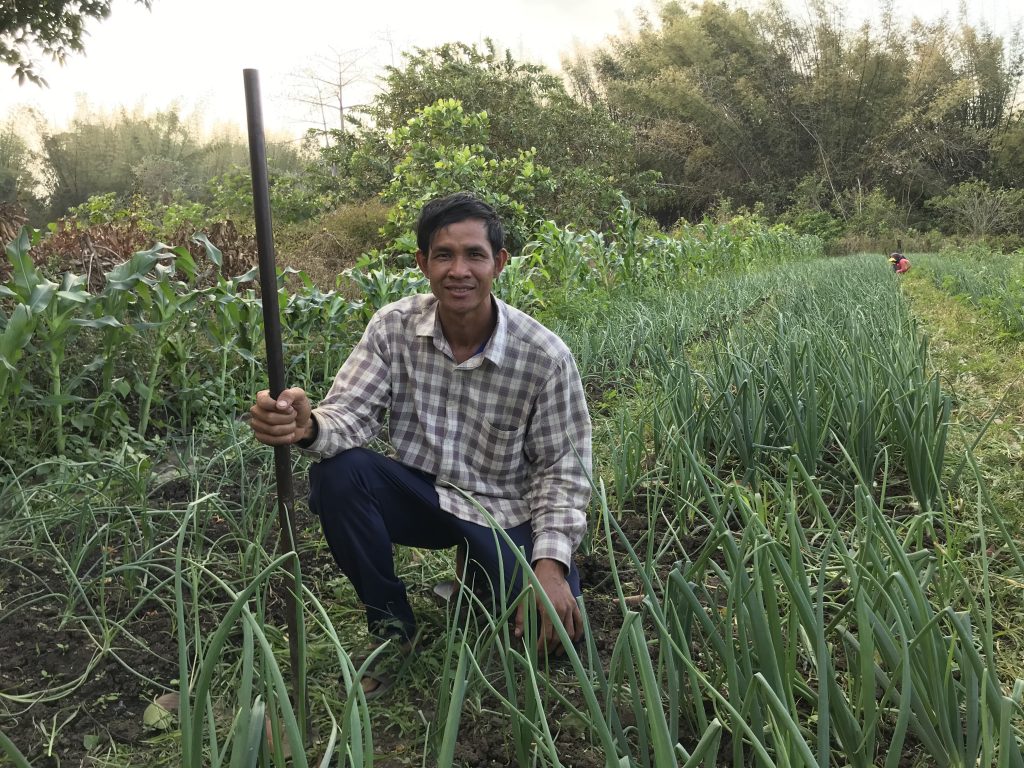
“When I was young, the weather was very accurate and in the dry season, there were no rainfalls. So, it was easy for people to do rice farming, crop plantation, and vegetable growing. There was a low risk of crop damage from the weather. There was no climate change during that time.
Suppose we talk about the past and current climate. It is entirely different. Climate change makes it difficult for me to predict the weather. For example, if there is rain, it rains heavily. Sometimes it rains in the dry season, but not in the rainy season; sometimes, there is a storm in the dry season. Because of the impact of climate change, it is challenging for us to predict the climate based on the seasons.
Related to the flood, sometimes it happens in different times of the rainy season. When we don’t think that it would flood, but it happens, it damaged our crops in the past years. Some farmers had lost their crops and income, so many farmers in my area migrate to find work in different places.” he added.
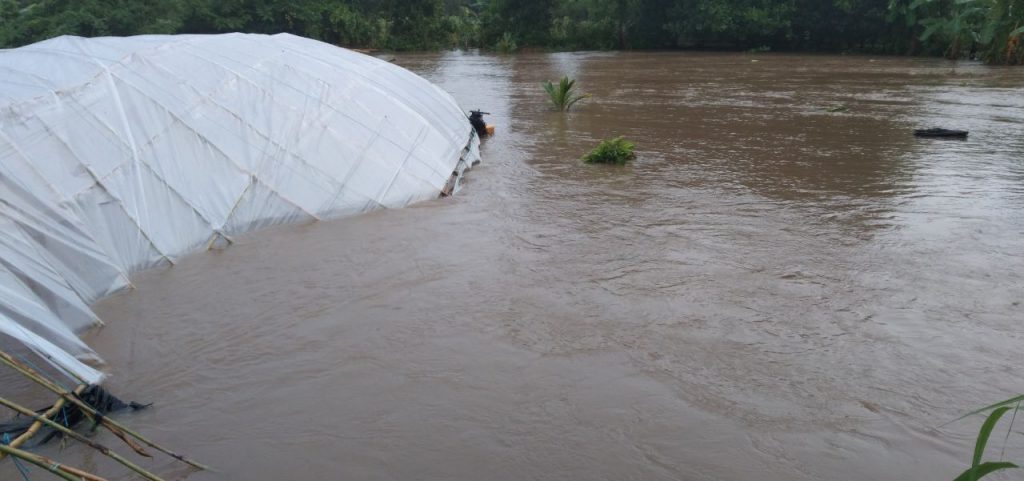
These long-term changes in climate are bringing fear to farmers in terms of what their future will be like if they can no longer engage in farming , which is their main source of income.
” In the future, I firmly believe that the temperature will continue to increase, hotter than before. So, it will be difficult for the farmer to grow crops. Regarding floods, it is also a concern for farmers, making it a challenge to work with plantations. This would severely affect Farmer income. If the situation continues like this, farmers in my community will be affected by this climate change impact.” Said Morn Samien.
All these changes show how negatively the climate patterns are changing. The increase in temperature makes work harder for farmers in the fields, the floods destroy the crops and leave them with nothing. This also leaves animals in danger because the hot temperature causes diseases for animals and poultry.
I also wanted to share this quote from Jacksha about her year of service in the YAMEN program.
“It’s my first time to go outside Africa and l was so nervous of how things will be like….but l thank God that l was given this chance to experience different things at the same time to serve people which is what l really wanted to do in my life just giving out the love the Christ has installed in me and it’s great that l met such sweet people.”
Jacksha Jackson, 2021-2022 YAMEN participant (Malawi to Cambodia)
Hmmm. Difficult times! We must continue to keep climate change as a top priority!
We see many similar effects of climate change in Burundi. There are not often floods in this region, but Lake Tanganyika is rising more and more every day. Farmers struggle to produce enough food for their families, and sometimes a whole crop is ruined by hail storms. Praying in solidarity with the farmers of Cambodia.
Thank you for your prayers. We had a call with all of the Asia programs back in December to share climate change stories and it was really disheartening to see the breadth of it. Our efforts can feel insignificant in the face of this massive global crisis but nothing will change if we don’t diligently engage with it.
What a beautiful family and experience for Jacksha. Prayers up for the farmers. I want to be optimistic and hopeful, that corporations, etc…will step up and change the way they look at climate change, and actually help to resolve this situation, instead of contributing.